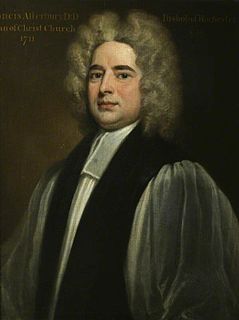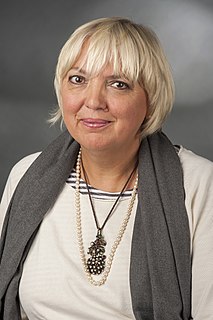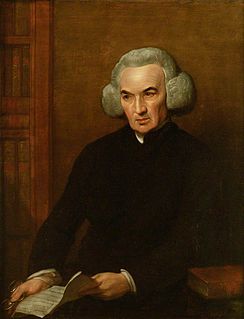A Quote by Lafcadio Hearn
It has been wisely observed by the greatest of modern thinkers that mankind has progressed more rapidly in every other respect than in morality.
Related Quotes
In every age immorality has found no less support in religion than morality has. If the achievements of religion in respect to man's happiness, susceptibility to culture and moral control are no better than this, the question cannot but arise whether we are not overrating its necessity for mankind, and whether we do wisely in basing our cultural demands upon it.
The male has more teeth than the female in mankind, and sheep and goats, and swine. This has not been observed in other animals. Those persons which have the greatest number of teeth are the longest lived; those which have them widely separated, smaller, and more scattered, are generally more short lived.
Modesty teaches us to speak of the ancients with respect, especially when we are not very familiar with their works. Newton, who knew them practically by heart, had the greatest respect for them, and considered them to be men of genius and superior intelligence who had carried their discoveries in every field much further than we today suspect, judging from what remains of their writings. More ancient writings have been lost than have been preserved, and perhaps our new discoveries are of less value than those that we have lost.
I think something that happens when you grow a bit older is you become slightly less overly emotional. Obviously when you're young or a more progressed teenager, you're overly emotional, so that side of me calmed down. I wanted to write more about stories, and other things that I'd observed and seen or done.
Competition has never been more threatening than it is now. Innovative thinkers challenge the status quo in their organizations. They are often viewed as "troublemakers." They threaten the defenders of the status quo. So competition within an organization can also be brutal. The most effective leaders overcome "the ideology of comfort and the tyranny of custom" by being change agents themselves. They encourage and reward innovative thinking. I have observed that people only resist changes imposed on them by other people.
The crown and glory of life is character. It is the noblest possession of a man, constituting a rank in itself, and an estate in the general good-will; dignifying every station, and exalting every position in society. It exercises a greater power than wealth, and secures all the honor without the jealousies of fame. It carries with it an influence which always tell; for it is the result of proved honor, rectitude, and consistency-qualities which, perhaps more than any other, command the general confidence and respect of mankind.
By the respectable terms of the modern literary profession, novelists do not preach. And, in fact, there has probably not been a less respectable novelist among the irrefutably enduring writers of our time than Ayn Rand: philosopher queen of the best-seller lists in the forties and fifties, cult phenomenon and nationally declared threat to public morality in the sixties, guru to the Libertarians and to White House economic policy in the seventies, and a continuing exemplar or Wilde's tragic observation that more than half of modern culture depends on what one shouldn't read.
The phenomena of the year take place every day in a pond on a small scale. Every morning, generally speaking, the shallow water isbeing warmed more rapidly than the deep, though it may not be made so warm after all, and every evening it is being cooled more rapidly until the morning. The day is an epitome of the year. The night is the winter, the morning and evening are the spring and fall, and the noon is the summer. The cracking and booming of the ice indicate a change of temperature.
Procrustes in modern dress, the nuclear scientist will prepare the bed on which mankind must lie; and if mankind doesn’t fit—well, that will be just too bad for mankind. There will have to be some stretching and a bit of amputation—the same sort of stretching and amputations as have been going on ever since applied science really got going into its stride, only this time they will be a good deal more drastic than in the past. These far from painless operations will be directed by highly centralized totalitarian governments.
And what is the religion of many persons but a kind of demonism that delights in human sacrifices and causes them to look with horror on the greatest part of mankind? Plutarch, it is well known, has observed very justly that it is better not to believe in a god than to believe him to be a capricious and malevolent being.
































